Oil@50: India needs to speed up
India needs to act faster to ensure it continues to get energy at an affordable price. The oil price increase to $50 per barrel shows there is a limited window of time to act.
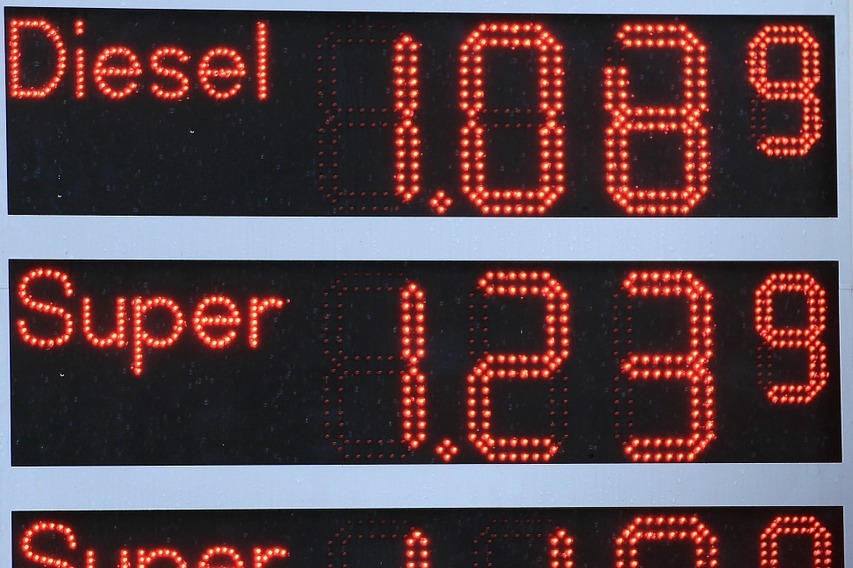 Courtesy: Pixabay
Courtesy: Pixabay
India needs to act faster to ensure it continues to get energy at an affordable price. The oil price increase to $50 per barrel shows there is a limited window of time to act.
 Courtesy: Manjeet Kripalani
Courtesy: Manjeet Kripalani
The crippling effect of American sanctions are thorough; designed to strangle economies and bring entire nations to a halt. However, they unknowingly pull people together, imparting a deep sense of patriotism and often sparking innovation which can quickly surpass any other world power. With sanctions being lifted on nations like Myanmar, Iran and, hopefully, Cuba, the question remains whether they will retain their uniqueness or fall into line with the rest?
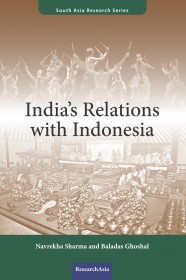 Courtesy: Research Asia
Courtesy: Research Asia
"India's Relations with Indonesia" recounts Indonesia's complex relationship with India, while also tracing the country's struggle with its colonial powers and the policies they adopted.
 Courtesy: Wikipedia
Courtesy: Wikipedia
India's new intellectual property rights (IPR) policy attempts to address concerns of developed countries regarding India's patent regime, while also protecting public interest, especially that of generic drug producers. However, through this effort of a balancing act, India might have landed up pleasing neither the USTR or U.S. business and disappointing many in India's domestic industry and civil society.
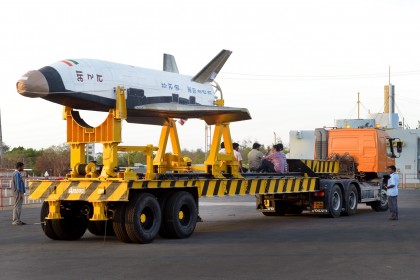 Courtesy: ISRO
Courtesy: ISRO
The Indian Space Programme has a mandate to focus on its launch- and earth-oriented capabilities. In the past decade, it has attempted some non-conventional experimental projects under the labels “‘low-cost” and “technology demonstrator”. However the effect of these experimental space projects on India’s techno-economic growth will be realised only if the central government gives the project greater status and funding.
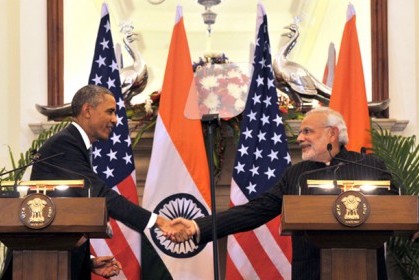 Courtesy: Wikipedia
Courtesy: Wikipedia
Prime Minister Modi’s skills will be tested on his upcoming visit to the United States. The challenge comes in light of recent anti-India sentiments voiced at a U.S. Senate Foreign Relations Committee hearing. With Modi set to address a joint session of the U.S. Congress, this is an opportunity to address all concerns, be it on policy or polity.
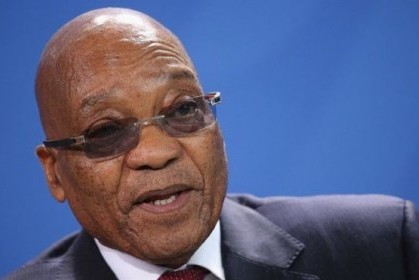 Courtesy: BBC
Courtesy: BBC
At present, South Africa finds itself charting political and economic policy uncertainties. This is not to suggest that the domestic political crisis will see different trajectories unfolding with regard to its BRICS/IBSA engagements, or on a broader foreign policy path, but it will have repercussions at the international level, in terms of investor confidence, credit ratings, and currency volatility. Pretoria will face constant pressure to be seen as a credible actor, especially when it comes to its African identity.
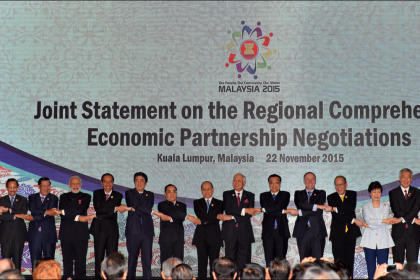 Courtesy: MEA / Flickr
Courtesy: MEA / Flickr
Five rather unfavourable trends define India’s trade performance over the past two years; these trends also provide useful pointers as to where India’s future trade strategy can go over the next three years as it deals with a global economic slowdown, the rise of megatrade agreements and a pivot to a more intensive trade relation with the U.S.
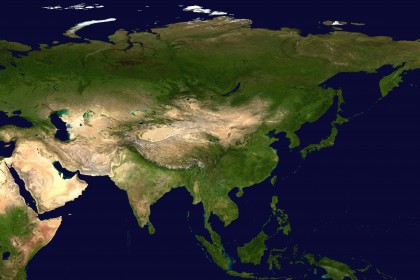 Courtesy: Wikipedia
Courtesy: Wikipedia
Prime Minister Modi’s term has been marked by a resolve to improve cooperation among South Asian nations. These proactive efforts can bear rich fruit if the Modi government promotes the concept of geoeconomic and geopolitical equations being seen through the lens of bioregions. There are significant precedents which the Modi government can build upon
 Courtesy: Wikipedia
Courtesy: Wikipedia
Does India plan to remodel its Andaman & Nicobar Islands as a launching pad for future security operations to check growing Chinese inroads in the Indian Ocean Region? Development of the islands has long been ignored to India’s detriment, and their strategic position in the Indian Ocean, underutilised.